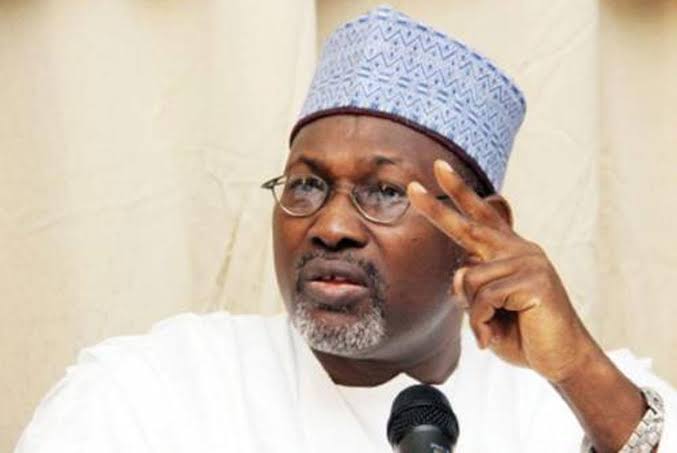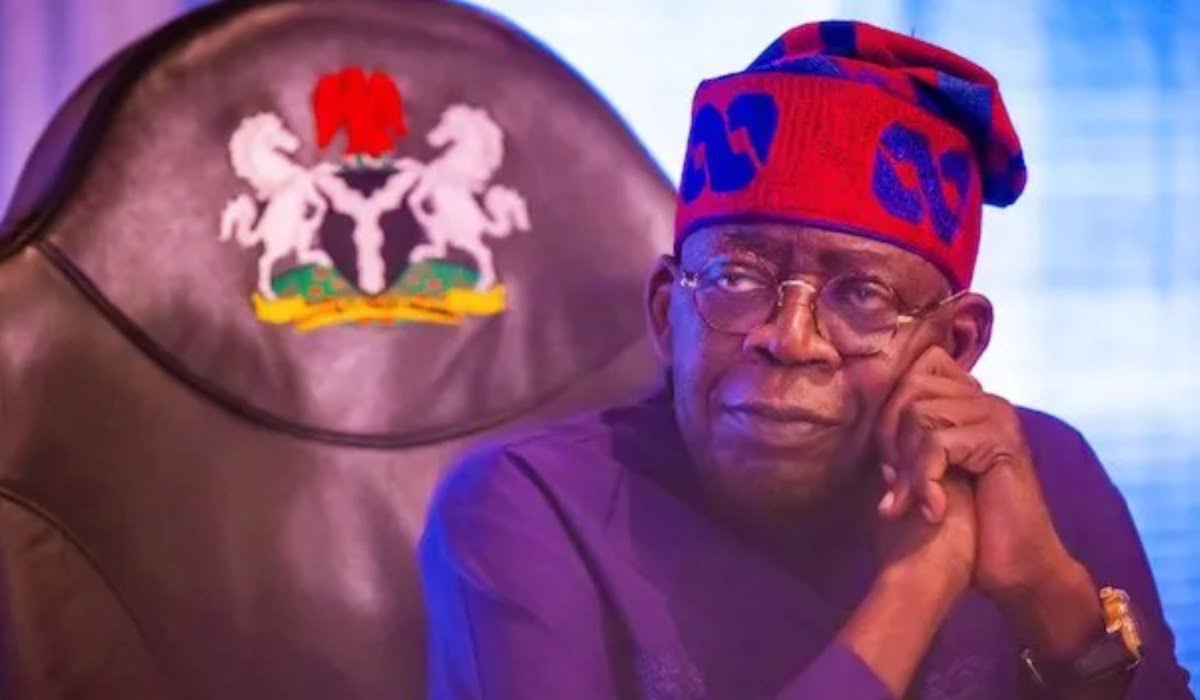In the aftermath of the 2023 general elections in Nigeria, there was a lot of controversy surrounding the outcome. In response, Professor Attahiru Jega, the former chairman of the Independent National Electoral Commission (INEC), conducted a thorough analysis of the results, with a particular focus on the presidential vote. Based on his findings, Professor Jega has drawn the following conclusions:
He noted that Asiwaju Bola Tinubu’s share of the vote decreased from 56% in 2019 to 37% in the most recent election.
Read Also Atiku’s Camp questions Tinubu’s inauguration committee list over non inclusion of an Igbo man
The 2019 elections saw a tight competition between the APC and PDP candidates, but the upcoming 2023 elections are shaping up to be a more crowded field with at least four candidates from the APC, PDP, LP, and NNPP parties vying for the top spot.
In a historic turn of events, the recent presidential election saw the emergence of more than two major candidates for the first time since 2007. This was a significant departure from the norm, as it had been over three decades since up to four major candidates had contested in a presidential race, dating back to 1983.
Read Also Sudan War: We can’t evacuate trapped Nigerian students now – FG
In the recent election, the leading candidates secured the following percentages: 37%, 29%, 25%, and 6%, respectively.
According to the Jega, the current election results closely resemble those of 1979. At that time, Shagari received 34% of the vote, Awo received 29%, Zik received 16%, Aminu Kano received 10.28%, and Waziri Ibrahim received 10%.
The runners-up in the race collectively secured 60% of the vote, but the winner emerged victorious.
The lack of a united front before the election could be seen as a contributing factor to their current situation, despite their impressive accomplishments. The individuals in question attempted to display a cohesive front in order to challenge the outcome.
Read Also Nigerian Civil Service Commission Sacks Former High Commissioner over N50million Misappropriation
The situation can be described as a classic example of taking action after the damage has already been done. If the political party had rallied behind a sole candidate, would they have secured 60% of the vote? It is uncertain and difficult to predict.
The ruling party, led by Tinubu, entered this election with a significant advantage, controlling the Federal government as well as 21 state governments. He was able to secure victory in just 12 states during the event.
Atiku Abubakar, a member of the People’s Democratic Party (PDP), has emerged victorious in 12 states.
Peter Obi, the candidate of the Liberal Party (LP), emerged victorious in 12 states including the Federal Capital Territory (FCT).
According to the source, Kwankwaso of the NNPP emerged as the clear winner in a single state.
Can you explain the factors that contributed to Tinubu’s victory in the race? In a brief response. The number of states won outright by a candidate holds significant importance. The number of states in which he came second is equally significant.
It is worth noting that the candidate’s performance in the elections was significant, particularly in cases where they narrowly missed out on first place.
According to reports, Tinubu has emerged victorious in 12 states, namely Zamfara, Jigawa, Borno, Niger, Kwara, Kogi, Benue, Ekiti, Oyo, Ogun, Ondo, and Rivers. According to his account, he secured the runner-up position in a total of 19 states, namely Kebbi, Sokoto, Kaduna, Katsina, Kano, Gombe, Bauchi, Yobe, Taraba, Nasarawa, Plateau, Adamawa, Osun, Lagos, Cross River, Akwa Ibom, Edo, Imo, and Ebonyi.
The election results were extremely close in several regions, with only a few thousand votes separating the winners from the losers. Specifically, Sokoto saw a margin of loss of just 3,000 votes, while Katsina had a difference of 12,000 votes. Similarly, Osun and Lagos also experienced narrow margins of victory.
In the recently concluded elections, Tinubu emerged as the runner-up to Kwankwaso in Kano, Atiku in several states won by the latter, and Obi in Lagos, Ebonyi, Imo, and Edo.
In 1979, Alhaji Shehu Shagari won the presidency in a similar manner.
The candidate emerged victorious in a total of nine states out of nineteen, namely Sokoto, Kaduna, Niger, Bauchi, Gongola, Benue, Kwara, Rivers, and Cross River.
In what was referred to as “the bandwagon effect” back then, he emerged victorious in Kaduna and Gongola despite his party’s loss in the gubernatorial elections two weeks prior.
According to available data, during the time in question, former Nigerian President Shagari secured the second position in nine out of the ten states in Nigeria. These states include Oyo, Ogun, Ondo, Bendel, Anambra, Imo, Borno, Plateau, and Kano. In the Lagos state elections, Shagari secured the third position, following closely behind Awo and Zik.
In the Nigerian political landscape, winning an election is often determined by the performance of a political party in various states. As observed in the past, political leaders such as Shagari and Tinubu have emerged victorious by ensuring that their parties secure either first or second position in almost every state. This strategy has proven to be effective in achieving electoral success.
According to the Attahiru Muhammadu Jega, the claims of election rigging by the APC do not hold up as they were defeated in the largest states, including Lagos, Kaduna, Kano, and Katsina. Despite having APC state governors who are loyal to Tinubu, the party was unable to secure a victory in these key states.
When it comes to vote banks, how significant are Imo, Edo, or Adamawa for these particular states? One may wonder why an individual would bother rigging elections in smaller states when they could manipulate the results in larger ones and secure a victory by a significant margin.
Why did ten APC governors, the APC National Chairman, and the Director General of the APC campaign fail to deliver their states? Could they have done more to prevent this embarrassment?
The question raised was why Tinubu, who has been considered the political kingpin of Lagos, should face the humiliation of not being able to secure a clear victory in the state.









